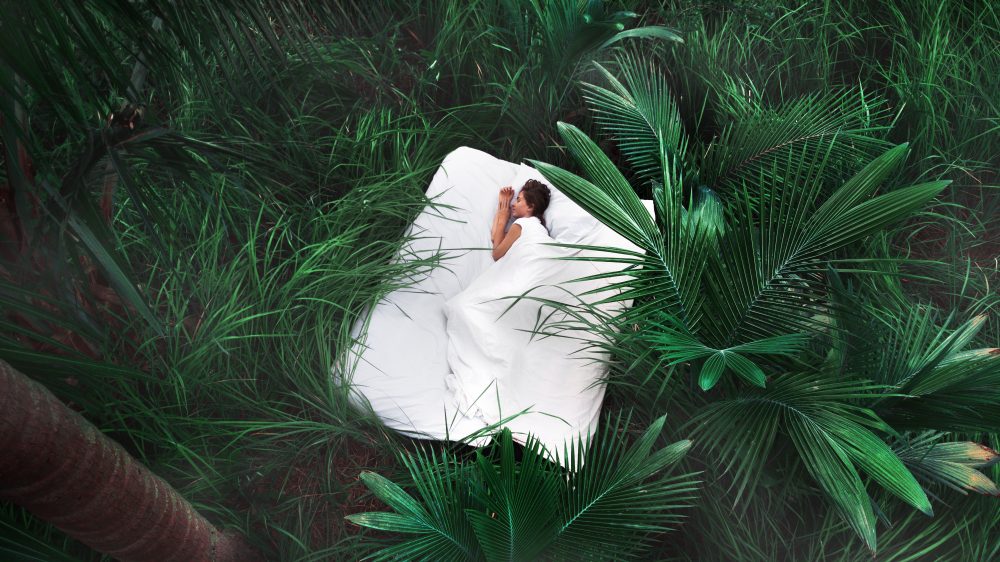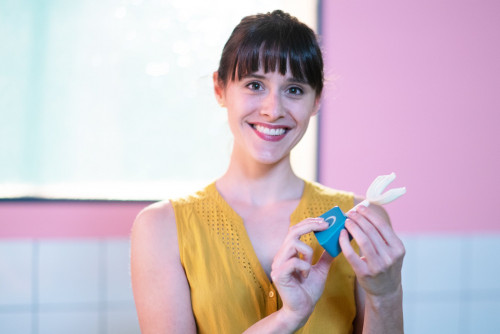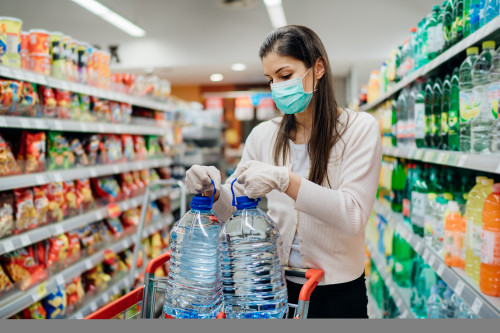Ten-second toothbrush, DNA-driven groceries, and a fridge that plans meals.
Is Dream Time the New Daypart?
We spend our waking hours multi-tasking, fragmenting our already-short attention spans by constantly, and often mindlessly, checking our phones. We’re scanning, scrolling, streaming, and swiping (oh my!) – getting exposed to thousands of ads and ad messages in the process – until we collapse into bed at the end of the day. If we’re lucky, we get to fall asleep and stay asleep. Dream time seems like the only part of our day when we’re not overstimulated – our time to shut out the world and recharge to do it all over again tomorrow. But that may be about to change.
Some brands are already researching experiments with infiltrating our dreams. Coors paid people to watch videos of their brand and then listen to the audio as they went to sleep – after which, one participant recalled having strange Coors-related dreams. Others, like Coca-Cola Starlight, are simply taking inspiration from our ephemeral dream state to create new, limited-edition products. For now, it’s an exploration to see what’s possible, but what comes next could change everything. If it is possible, and it does work, it begs the question: will brands seeking Share Of Sleep become a real SOS for people?
The idea of brands permeating our dreams sounds otherworldly and frankly, kind of scary. But there are already cultural forces at play that could gradually acclimate us to this dystopian reality. Advances in tech and endless entertainment options allow us to escape into Wonder-Full worlds, piquing our curiosity about what’s out there and who we might become. Billionaires are heading to space. The Metaverse is promising to let us build the second life of our dreams. The push to legalize mind-altering psilocybin is gaining traction (38% of US adults are open to using psychedelics as a form of self-care and treatment (e.g., psilocybin, ayahuasca, ketamine therapy).* Videos about lucid dreaming and reality hopping are getting billions of views (no, that’s not a typo) on TikTok under the hashtag #shifttok. Addictive, one-a-day games like Wordle are increasingly fleeting, just like our dreams.
When everything is just a Google search away, seeking out paths to satisfy our yearnings for discovery and a sense of mystery requires new thinking. Unlocking dreams is exactly the sort of thing to pique our curiosity and offer new sensations that deliver a sense of wonder.
If you’re a brand, how can you start to explore these dream-state dimensions in a way that doesn’t completely take over a person’s only real uninterrupted (for now) restorative state?
- Evoke wonder through ephemeral, sensory experiences. Brands can look to evoke a sense of wonder either through new, ephemeral (aka limited edition) products or through media experiences. For example, a beverage brand can layer sound, AR visuals, haptics, and messaging to offer people a brief escape into a unique, multi-sensory realm that reflects the brand’s mood.
- Own pre- and post-sleep rituals. We can’t yet support the idea of disrupting people’s sleep with brand messaging, but brands can think about their role in a person’s pre-and post-sleep rituals. Can a fitness brand, for example, send you off to sleep in a way that prepares you to wake up refreshed and motivated for a morning workout? How can a fashion brand lure you out of your cozy slumber and into an outfit that sets the tone for the day based on what’s on your calendar? What about an entertainment brand creating a show intended for bedtime viewing that encourages lucid dreaming?
- Inspire discovery. Whether you inspire people to discover more about themselves or the world around them, brands can be a conduit. A travel brand can partner with Google to create a discovery plug-in for Chrome to greet users with beautiful images and surprising facts about a new destination. They can also offer provocative questions that challenge self-reflection.
Source: *Horizon Media, Finger on the Pulse. Survey fielded 11/29/21-12/9/21, n=1,140
Image: Shutterstock




